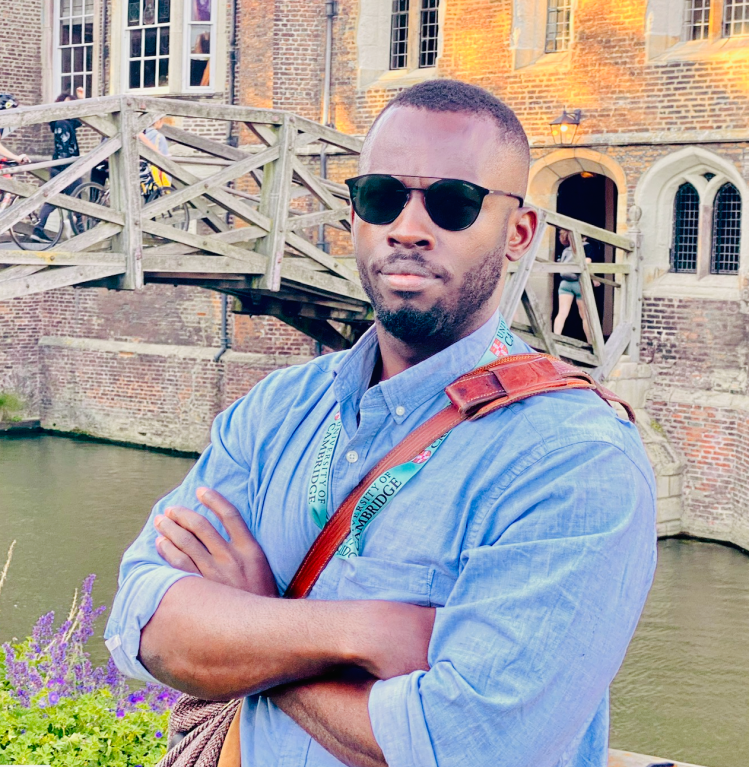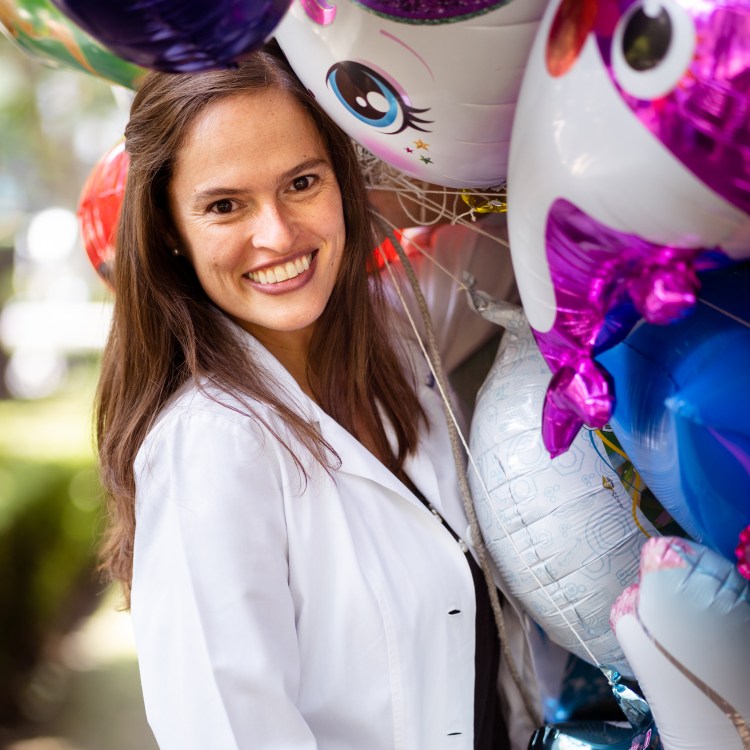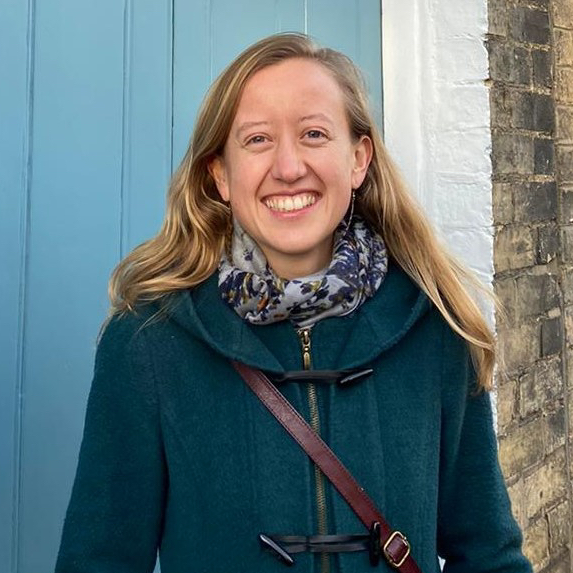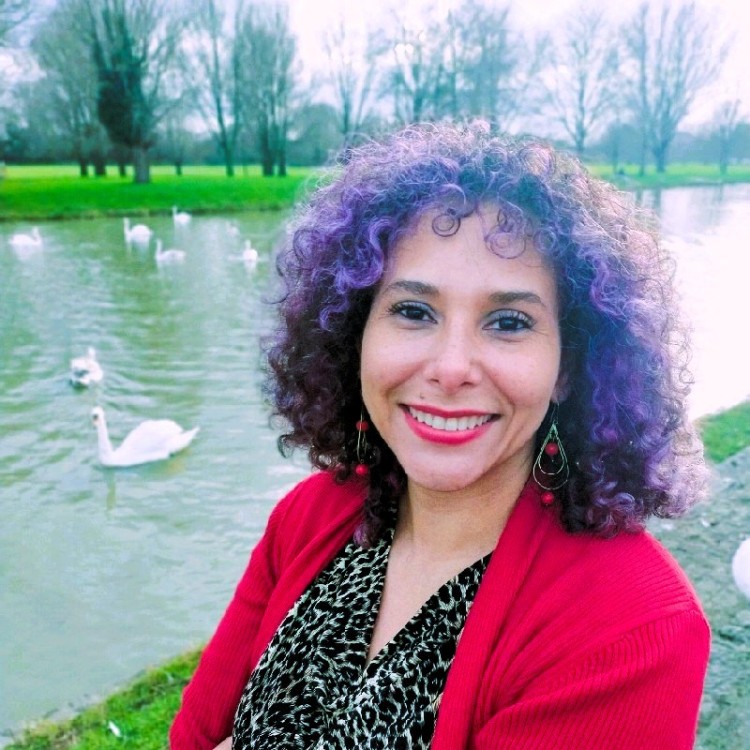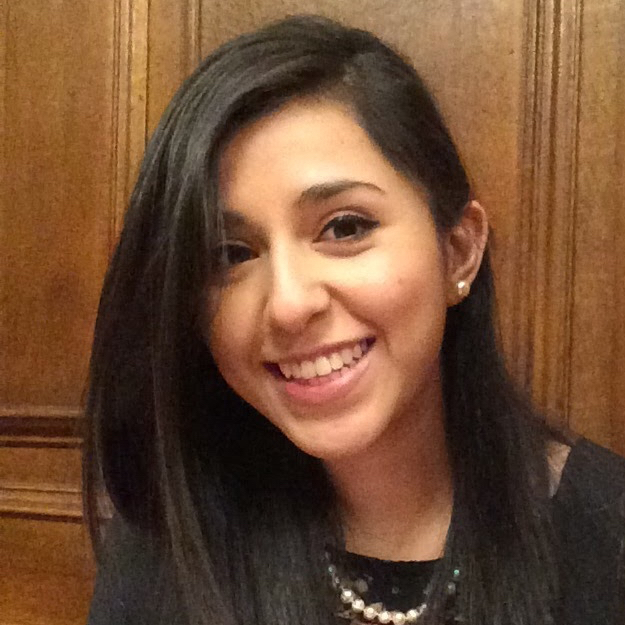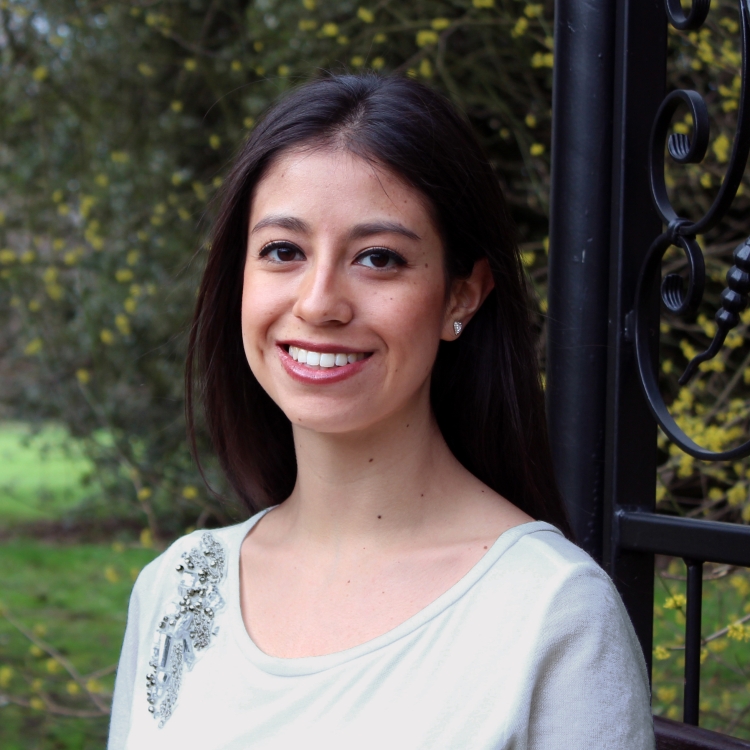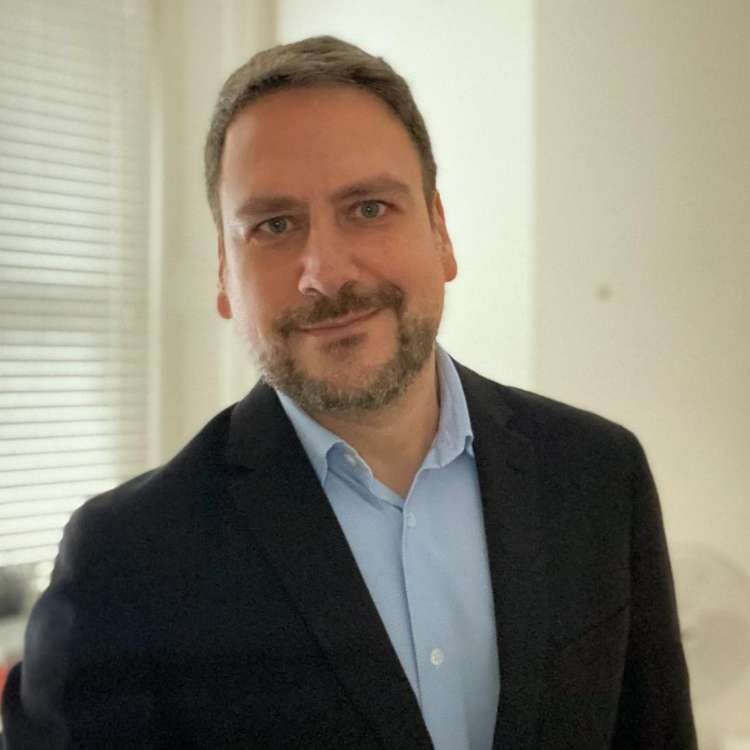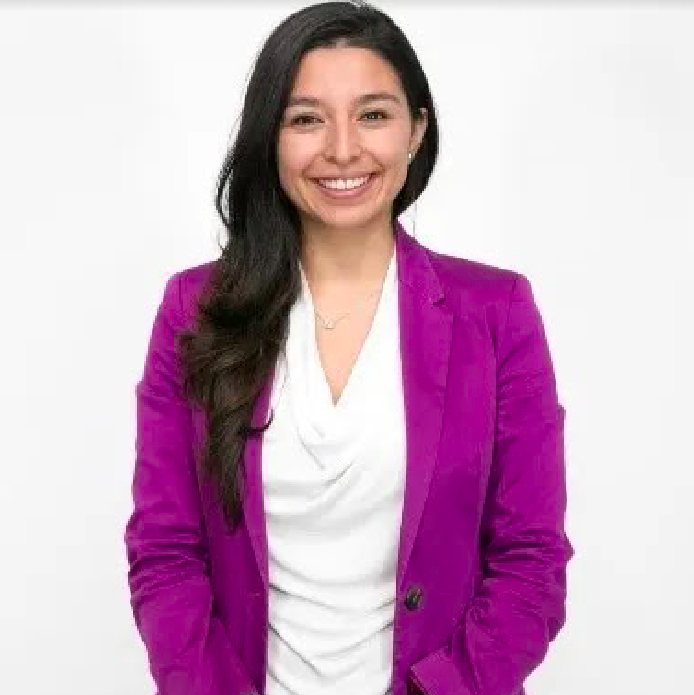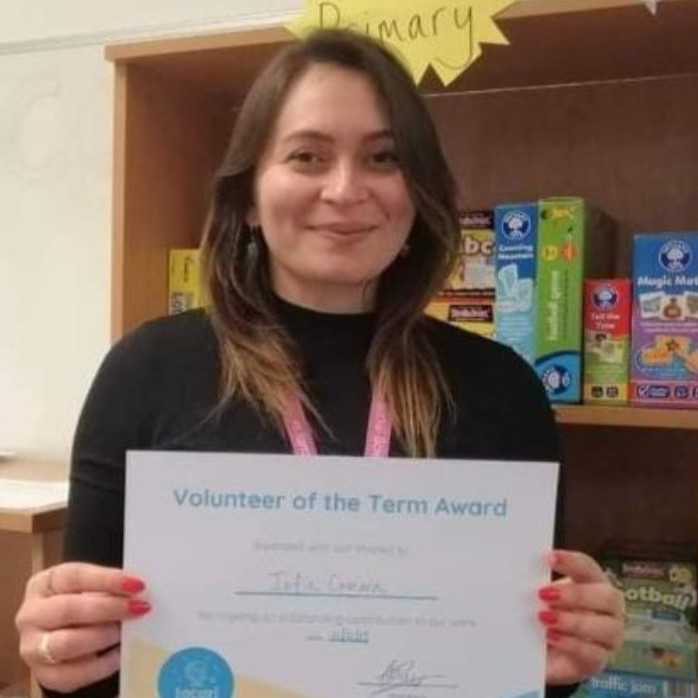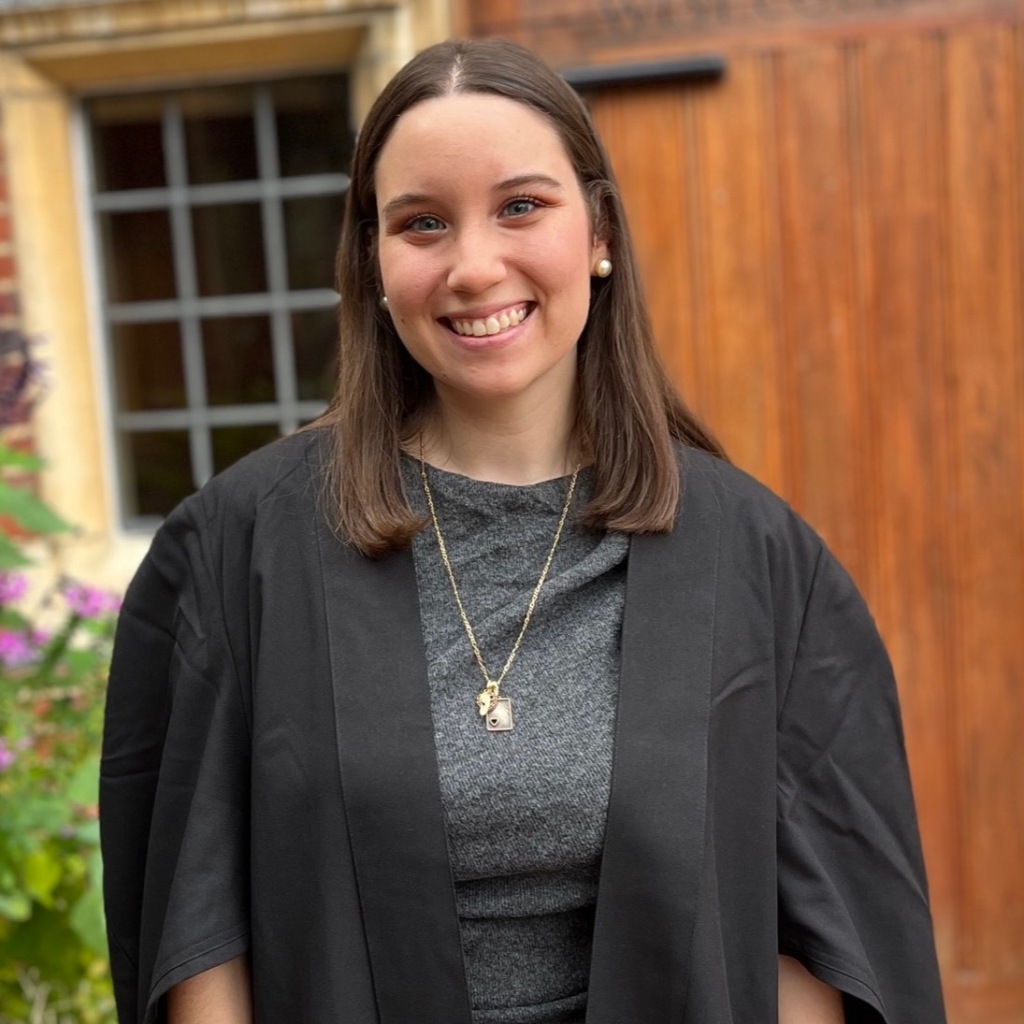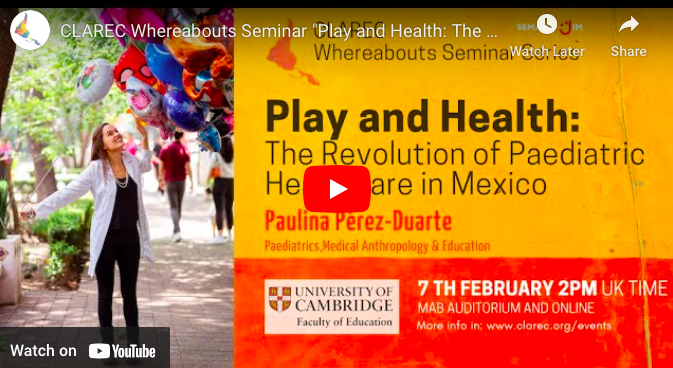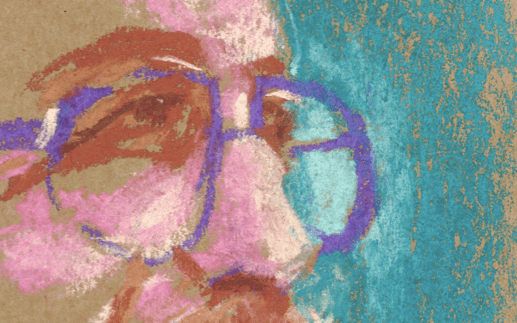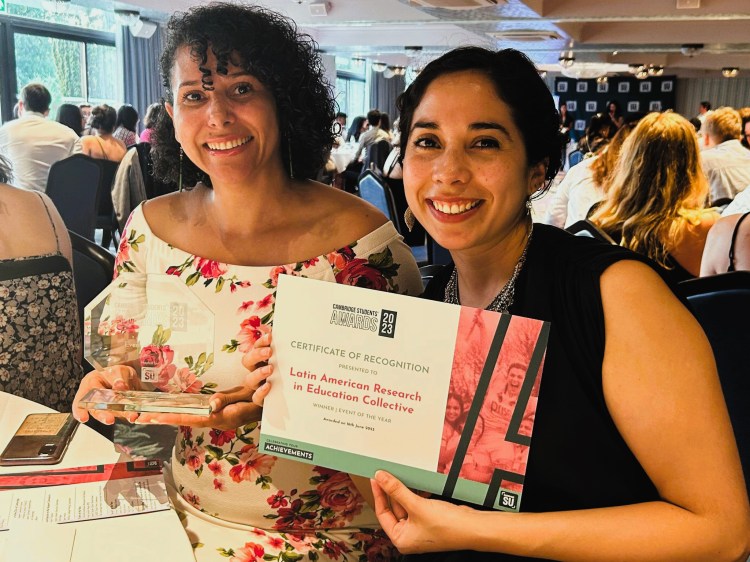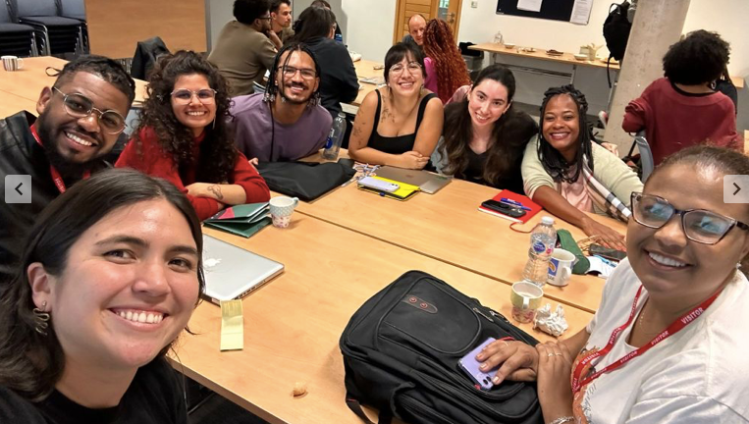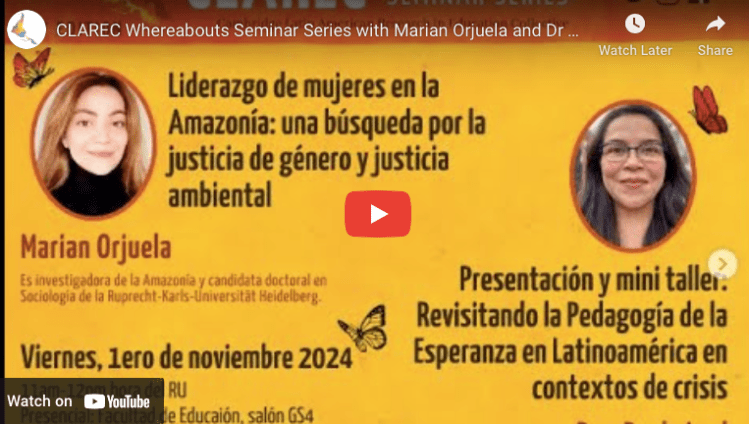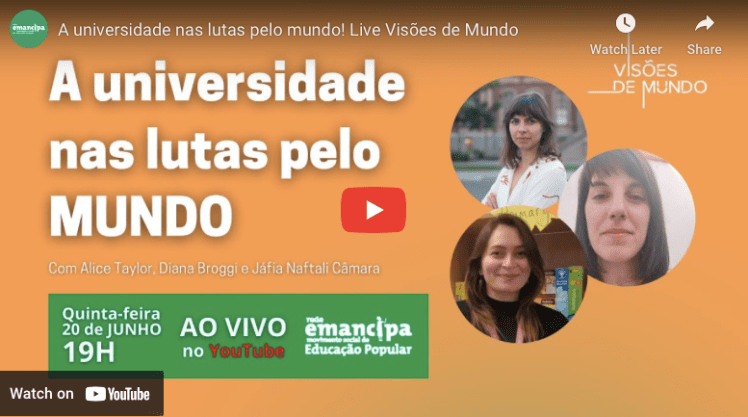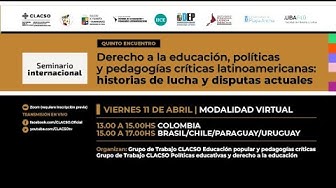The Cambridge Latin American Research in Education Collective (CLAREC) aims to constitute a space for Latin American perspectives that brings together researchers working on Latin American contexts and all those interested in hearing more about it. It aims to make visible the region’s knowledge production and current debates linked to education research towards the diversification and decolonisation of academia.
CLAREC, November 16, 2020
What’s On
Access event registration and information links on Linktr.ee CLAREC.
We invite you to join us for another journey of reflection and dialogue in our CLAREC Reading Group, this time around the book “A Terra Dá, a Terra Quer” by Antônio Bispo dos Santos (Nêgo Bispo), starting on 16 March. The reading group is open to all, with online meetings and discussions held in Portuguese and Spanish. Please access the registration form for more information and to sign up: https://bit.ly/NEGOBISPO
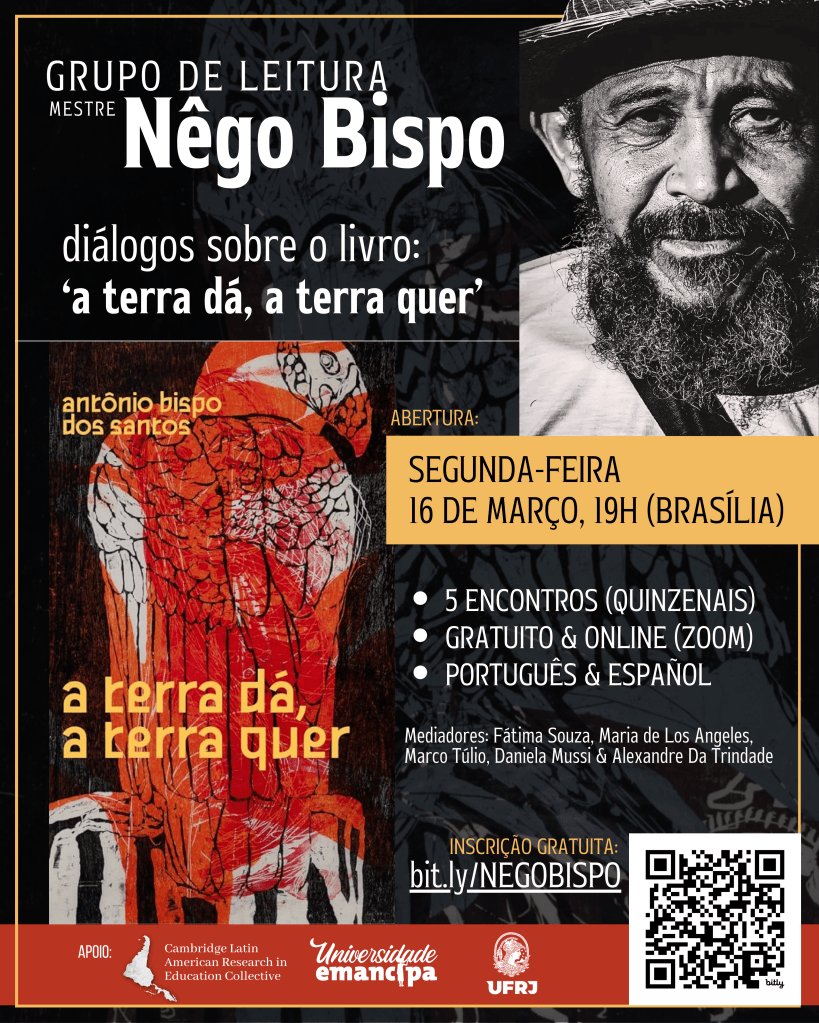
Across the Meadows: Narratives of Educational Journeys and Belonging
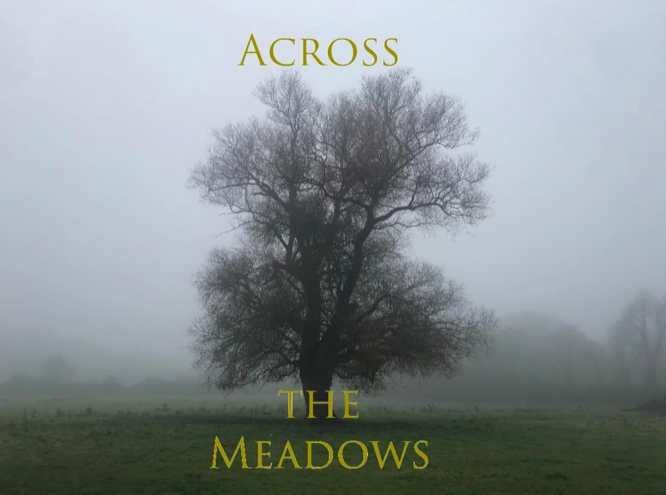
CLAREC introduces “Across the Meadows,” a scholarly podcast initiative by Anna Maria Del Fiorentino, a member of the collective. This podcast series explores the personal and academic trajectories of scholars and their experiences of belonging and identity, set within the culturally rich and historically significant environment of Grantchester Meadows. The inaugural episode “Heidy M. Pérez-Cordero | Bridging Worlds, Immigration, and Belonging“, guest Heidy M. Pérez-Cordero, fellow CLAREC member, delves into her journey through education and migration. The podcast is now available on YouTube and Spotify—listen and subscribe today.
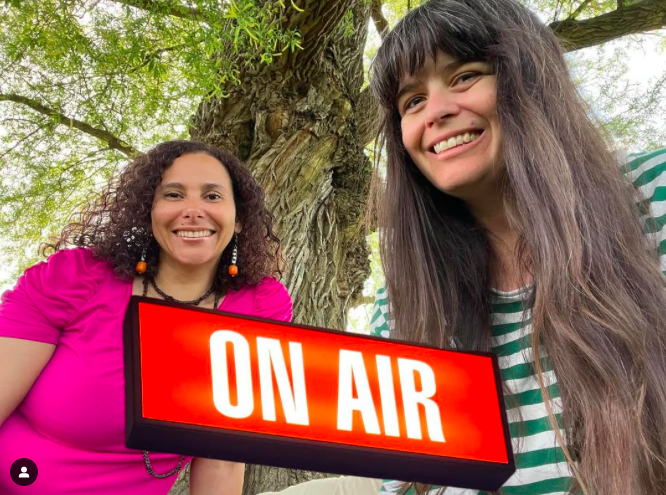
Derecho a la educación, políticas y pedagogías críticas Latinoamericanas: Historias de lucha y disputas actuales
The panel “Right to Education and Critical Latin American Pedagogies: Histories of Struggle and Current Disputes“ brought together Latin American scholars to discuss educational struggles, critical pedagogies, and policy disputes across the region. CLAREC co-founder Rocío Fernández Ugalde (UNIANDES) presented on Chilean teachers’ strikes (2019–2021) as a lens for analysing education policy. The event was organised by CLACSO’s Working Groups on Popular Education and Critical Pedagogies and Education Policies and the Right to Education.
New Series Edition! CLAREC Back & Forth with CLAREC members Rocío Fernández Ugalde & Alexandre Da Trindade
This event will explore the PhD journey on Latin American researchers, examining how the experience of studying in Cambridge could reshape subjectivities and academic identities. Through a dialogue, we will talk about the transformations that occur as we navigate diverse intellectual landscapes.
Follow CLAREC’s news on our Instagram feed:
Our Manifesto
[en español]— [em português]
The foundations and functioning of the current global education system lie in northern and western countries’ predominance, being these located at the top while some are at the bottom. Latin American ideas, alongside other southern perspectives, are not part of the hegemonic curriculum that top universities together with the entire higher education system reproduce. Latin American authors and epistemologies are rarely mentioned in these programs and tend to be overlooked or considered as mere distant research backgrounds.
In this context, the Cambridge Latin American Research in Education Collective (CLAREC) aims to constitute a space for Latin American perspectives towards a diversification and decolonisation of academia within the Faculty of Education and beyond; to promote dialogue and collaboration around knowledge development of regional interest in the field of educational research, as well as to democratize access to knowledge produced in this very privileged and elitist place.
This initiative was inspired by the common concern which we, as Latin American students and allies at the University of Cambridge, shared during our academic journey: the need for representation and legitimation, and opportunity to make visible knowledge, ideas, and current debates within the Latin American context. It is, at the same time, an opportunity for bringing together researchers working on Latin American contexts, and for opening it up for anyone who is interested in participating or simply hearing more about it.

